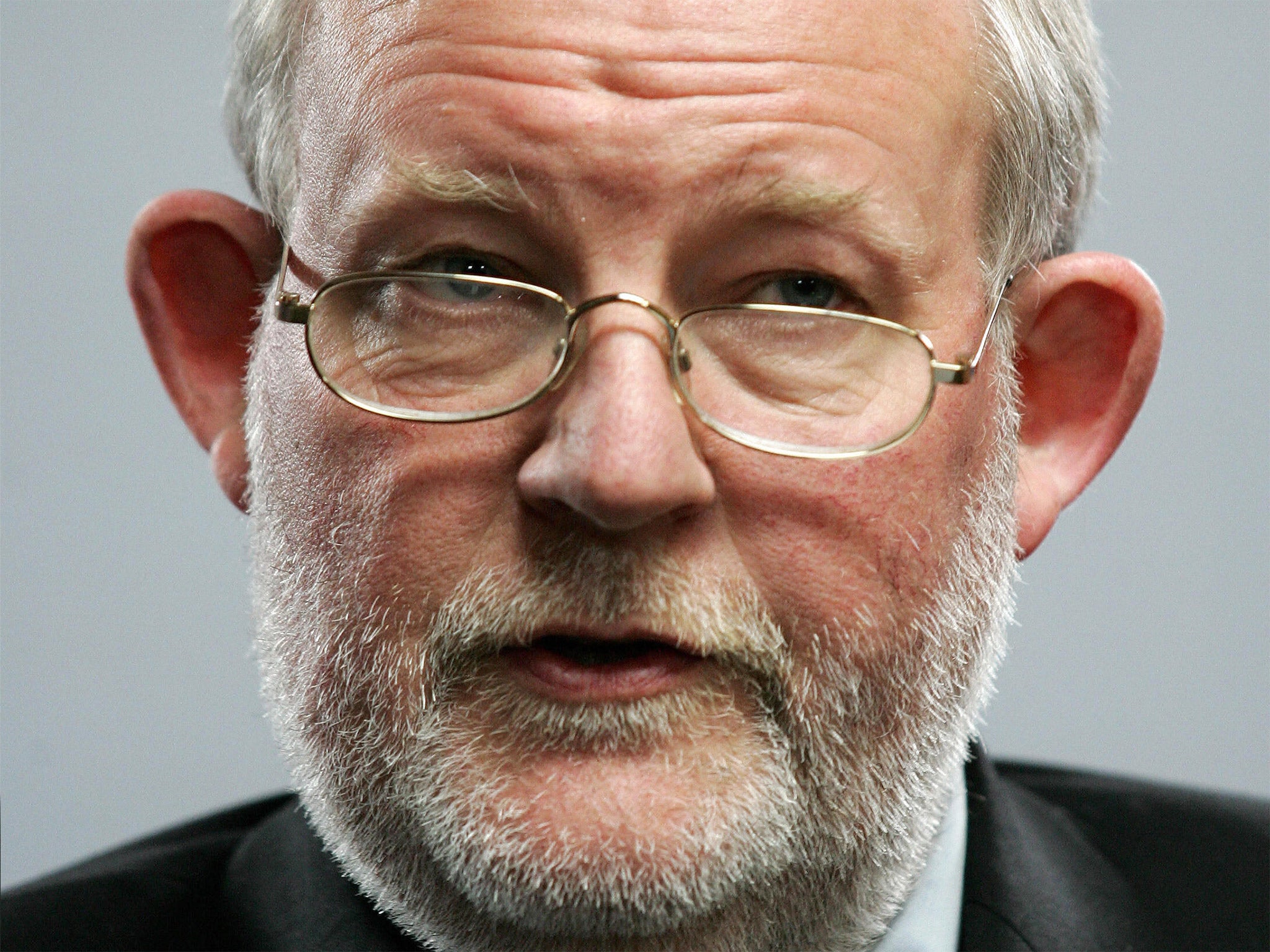Chalk Talk: By celebrating the steamier side of science, we lure more pupils in
John Cridland, the director-general of the Confederation of British Industry, has called for Stem to be replaced with Steam to include creativity

To Brunel University to hear a lecture by John Cridland, the director-general of the Confederation of British Industry, on education – a subject dear to his heart.
Mr Cridland is leaving his post soon, after five years in which education has played a prominent part in his public pronouncements.
He set the ball rolling for schools to devote more time to producing "rounded and grounded" citizens of tomorrow – rather than just act as "exam factories" churning out young people with qualifications.
He has made some progress with this campaign, as both Labour's education spokesman, Tristram Hunt, and the current Education Secretary, Nicky Morgan, supported it during the election campaign.
He was in fine form last week, calling for the abolition of the term Stem (science, technology, engineering and mathematics), which, if you listened to some public pronouncements, you might think are the only valued subjects in education.
He was not saying there was no need to improve on our output of engineering students – far from it, there was a need to increase their numbers. However, he wanted the word replaced with Steam – the "a" being added to ensure the need for creativity was realised: the arts, if you like. It is a cry I heard when visiting a girls' school a few months ago that wanted to make sure its pupils realised there was something creative about, say, designing a railway bridge.
I think the call could well catch on, and should not be left to wither on the vine.
He made it clear that he believed that the country's best teachers and heads were the "rebels" who delivered despite the system rather than those who followed the agenda set out for them. His voice was quite a tonic for teachers at a time when they had never been more beleaguered and befuddled by the "tick-box" approach to education. Let us hope his successor takes a similar interest in the subject.
***
Reading through the report by the former Education Secretary Charles Clarke on religion reminded me of my school days (and not just because the two of us were at school together).
In those days at Highgate, it was a rule that if you were not going to go into religious orders, you could not take the religion paper at O-level. In other words, if you were not already religious at 14, what was the point of teaching you about religion? The idea of teaching you about comparative religions (and/or humanism) was light years away.
In his report, compiled with Professor Linda Woodhead of Lancaster University, the argument is put forward that religious instruction should be left to Sunday schools and the like, while religious education takes on a wider moral theme. The time cannot come soon enough – it is vital today that pupils should have an understanding of each other's faith (or lack of faith).
Join our commenting forum
Join thought-provoking conversations, follow other Independent readers and see their replies
Comments
Bookmark popover
Removed from bookmarks